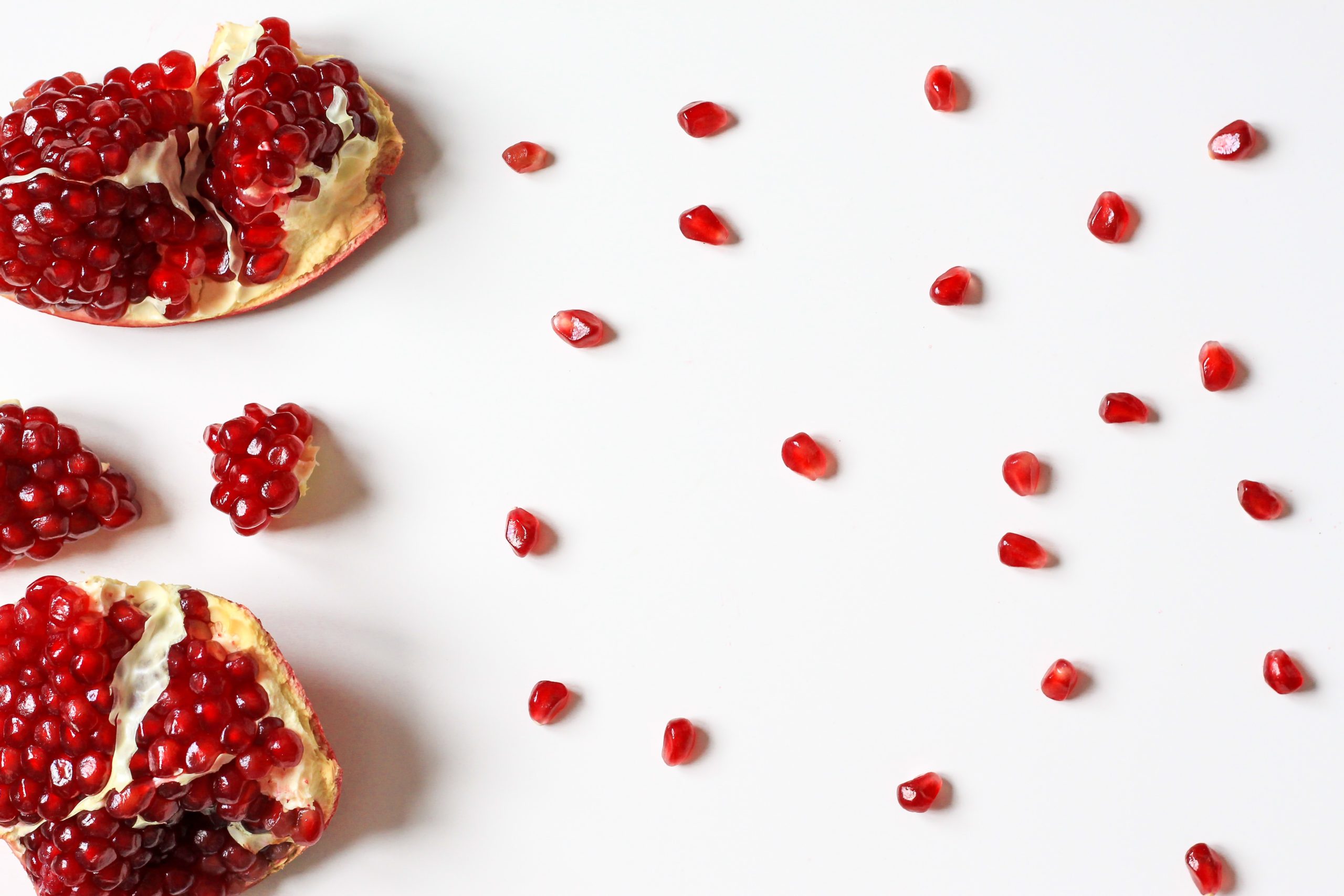What are Artificial Growth Hormones and Why Are They in My Milk?
rBGH, (recombinant bovine growth hormone) is a genetically modified veterinary drug, administered by injection, and is used to dramatically increase milk production in cows.
Patented by Monsanto, rBGH was later renamed rBST (recombinant bovine soma-totropin) in an effort to drop the H and appease the public’s distaste for the word “hormone”. In late 1993 the FDA approved Monsanto’s rBGH, and sales began shortly after, under the trade name Posilac.
Whether it’s called rBGH, rBST, or Posilac, it’s all the same genetically engineered hormone used to increase milk production in cows.
Am I Eating (or Drinking) Artificial Growth Hormones?
While there are tests that can detect the presence of rBGH in milk, the FDA does not recognize them as valid. So, in the U.S., some dairy farmers sign statements that pledge their herd is rBST-free and then label their products accordingly. So, while we can feel more comfort when we see the rBST-free pledge on our dairy products, it is not a guarantee that the product does not contain altered hormones.
Most store-brand milk in my area, including milk from Wal-Mart, Kroger, and Food Lion, all sport rBST-free labels. Some food companies, like Starbucks, source their milk from rBST-free dairies. However, many other dairy products, such as cheese, yogurt, and sour cream, are not labeled with the rBST-free pledge.
The great news is that consumers and food companies are paying more attention to how their dairy products are produced, and companies are responding to consumer demands. Recently, after searching for rBST-free cheese, I was pleased to see a new label on my kids’ favorite Costco-brand cheddar.
Dairy products without the rBST-free label have likely been produced with artificial growth hormones.
Are Artificial Growth Hormones in My Milk Safe?
Much of the controversy over rBST-treated milk is around the hormone IGF-1 (Insulinlike Growth Factor – 1). IGF-1 promotes cell growth and is produced by mammals as a result of natural and artificial growth hormones. While the FDA admits that milk from rBGH-treated cows DOES have elevated levels of IGF-1, it doesn’t think this is cause for concern. There are many scientists who disagree and have suggested that the cell-growth promotion caused by elevated levels of IGF-1 could cause increased growth of cancer cells. Again, this is a controversial topic made less clear by the familiar pattern of politics muddying the waters of science.
The answer to the question of whether or not artificial growth hormones are safe will depend upon whom you ask. The FDA says rBST is safe, because Monsanto claims it is safe. Monsanto claims that rBST is safe because the FDA has approved it. This sounds like circular reasoning to me. Or, perhaps, the circle of no reason.
But Wait…I Thought that Milk from rBST-Treated Cows is “The Same” as Milk from Untreated Cows.
As I read on the container that my yogurt is made from milk from cows not treated with rBST, there is a pesky asterisk. And on the back, the disclaimer says,
“No significant difference has been shown between milk derived from cows treated with artificial hormones and those not treated with artificial hormones. ”
We’ve all seen that label on our milk, right? So is the case closed? Should we not concern ourselves with rBST since the labels claim that there is no real difference in the milk?
Let me tell you a story…
Once upon a time there was a lawyer, named Michael Taylor, who represented Monsanto in their food technology concerns. Mr. Taylor was a bright, ambitious man who had a promising career. He got a new job as Vice President of Monsanto. Then, in 1991, he was appointed as the FDA Deputy Commissioner of Policy. As part of his job during the four years of his appointment at the FDA, Michael Taylor wrote the FDA’s guidelines on rBST labeling. And then he again went back to work for Monsanto for a few years, before returning yet again to the FDA. He currently works for the FDA as the Deputy Commissioner of Foods and lives happily ever after. The End.
I tell you that story to illustrate just one example of the conflicts of interest and industry influence that surround FDA approvals and labeling.
But that’s not the real end of the story. While Mr. Taylor certainly didn’t cite their work, many scientists do not agree with his labeling disclaimer. They believe that there is a SIGNIFICANT difference in milk from cows treated with rBST. The differences include higher levels of IGF-1, increased antibiotic residues, and – I sure hope you’ve had your breakfast already – pus, bacteria, and blood in the milk. This last treat is due to the fact that cows treated with IGF-1 are 33% more likely to get mastitis (inflammation of the mammary gland) and require treatment with antibiotics.
How Can I Avoid Artificial Growth Hormones in My Milk?
In this country, without the use of a residue test, we can only rely on the signed statements by farmers that their herds are rBST-free. While that is not a guarantee, we can feel more confident in their products.
Here are some ways to avoid growth hormones in your dairy products:
• Buy milk labeled as produced from rBST-free herds. This is easy to find!
• Buy other dairy products from rBST-free herds. This one is a little trickier, but is getting easier every day. Be persistent in seeking out hormone-free cheese, sour cream, and other dairy products. You might be pleasantly surprised at the options you’ll find in your grocery store. If you can’t find what you’re looking for, be sure to tell your store’s manager.
• Thank goodness you can still get your Starbucks fix without worry of rBST.
• If you frequent other coffee shops or restaurants, do a quick Google search or ask the restaurant manager about the dairy products they serve.
• If you’re ready to upgrade your family’s dairy, consider supporting a local dairy farm. We were pleasantly surprised to find a family dairy farm close to our home and purchased a cow share in exchange for a gallon of fresh, raw milk each week. It is unpasteurized, rBST-free, and crazy delicious!
Do you seek out rBST-free dairy products? What is your favorite brand? Leave a comment to let me know!
Sources:
- https://ansci.cals.cornell.edu/sites/ansci.cals.cornell.edu/files/shared/documents/Recombinant%20Bovine%20Somatotropin_v3.pdf
- Hands Off My Food by Dr. Sina McCullough
- New York Times Article: “Fighting on a Battlefield the Size of a Milk Label“
- http://www.themilkweed.com/Feature_07_Sep.pdf






